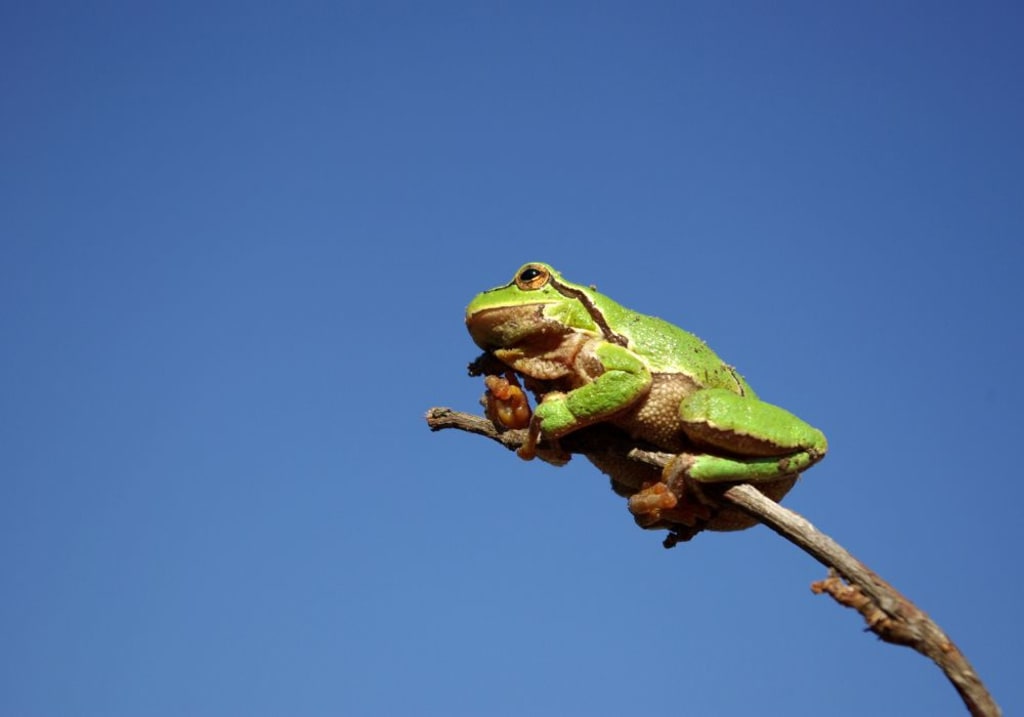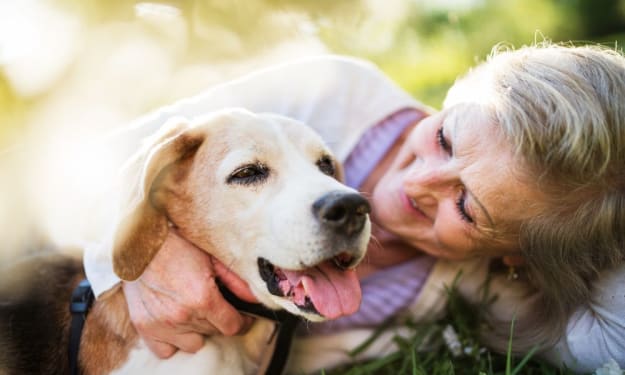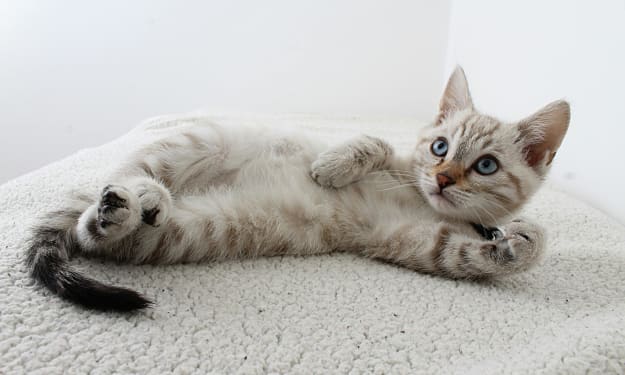The Ideal Humidity Levels for Your Pet Frog
The Amazing Guide

Maintaining the Perfect Environment for Your Amphibious Companion
Frogs are fascinating creatures that make wonderful pets for those who are willing to provide them with the proper care and environment. One of the most critical aspects of caring for a pet frog is maintaining the correct humidity levels in their habitat. Improper humidity can lead to various health issues and even death in some cases. In this comprehensive guide, we will explore the ideal humidity levels for different frog species and provide practical tips on how to achieve and maintain the perfect environment for your amphibious companion.
Understanding Humidity and Its Importance for Frogs
Frogs are ectothermic animals, meaning they rely on external sources to regulate their body temperature. They also have permeable skin that allows for the exchange of gases and water. This unique physiology makes frogs highly sensitive to their environment, including humidity levels.
Humidity plays a crucial role in a frog's health and well-being. It affects their ability to breathe, regulate their body temperature, and maintain proper hydration. Improper humidity levels can lead to various health issues, such as respiratory infections, skin problems, and even organ failure.
Ideal Humidity Levels for Common Pet Frog Species
Different frog species have varying humidity requirements based on their natural habitat. It's essential to research the specific needs of your frog species to ensure their optimal health and well-being. Here are the ideal humidity levels for some common pet frog species:
1. African Dwarf Frog (Hymenochirus spp.)
African Dwarf Frogs are fully aquatic and require a fully submerged environment. The water should be dechlorinated and maintained at a temperature between 72-82°F (22-28°C). Partial water changes of 25-50% should be performed weekly to maintain water quality.
2. American Green Tree Frog (Hyla cinerea)
Green Tree Frogs prefer a humidity level of 60-80%. Their enclosure should have a water source, such as a shallow dish or a misting system, to maintain the desired humidity. The temperature should be kept between 65-75°F (18-24°C).
3. Pacman Frog (Ceratophrys spp.)
Pacman Frogs require a humidity level of 60-80%. Their enclosure should have a moist substrate, such as sphagnum moss or coconut fiber, and a water dish large enough for the frog to soak in. The temperature should be maintained between 70-80°F (21-27°C).
4. Poison Dart Frog (Dendrobatidae family)
Poison Dart Frogs require a high humidity level of 80-100%. Their enclosure should have a misting system or a water feature to maintain the desired humidity. The temperature should be kept between 70-80°F (21-27°C).
5. White's Tree Frog (Litoria caerulea)
White's Tree Frogs prefer a humidity level of 50-80%. Their enclosure should have a water dish and a misting system to maintain the desired humidity. The temperature should be kept between 65-80°F (18-27°C).
Monitoring and Maintaining Humidity Levels
Monitoring and maintaining the correct humidity levels in your frog's enclosure is crucial for their health and well-being. Here are some tips to help you achieve and maintain the ideal humidity levels:
- Use a hygrometer to monitor humidity levels in the enclosure. Place the hygrometer at the frog's level to get an accurate reading.
- Adjust the humidity levels by misting the enclosure with dechlorinated water. Use a spray bottle or a misting system to evenly distribute the water throughout the enclosure.
- Provide a water source, such as a shallow dish or a water feature, for the frog to soak in and maintain hydration.
- Use appropriate substrate materials, such as sphagnum moss or coconut fiber, which can hold moisture and help maintain humidity levels.
- Ensure proper ventilation in the enclosure to prevent stagnant air and mold buildup, which can lead to respiratory issues.
- Regularly clean and maintain the enclosure to prevent the buildup of waste and bacteria, which can affect water quality and humidity levels.
Common Issues Caused by Improper Humidity Levels
Improper humidity levels can lead to various health issues in frogs. Here are some common problems and their symptoms:
- Respiratory infections: Symptoms include wheezing, bubbles from the nose or mouth, and lethargy.
- Skin problems: Symptoms include dry, flaky skin, redness, and ulcers.
- Dehydration: Symptoms include sunken eyes, wrinkled skin, and lethargy.
- Organ failure: Prolonged exposure to improper humidity levels can lead to organ failure and death.
- If you notice any of these symptoms in your frog, it's essential to consult with a veterinarian who specializes in exotic animals for proper diagnosis and treatment.
Conclusion
Maintaining the correct humidity levels is crucial for the health and well-being of your pet frog. By understanding the specific needs of your frog species and following the tips provided in this guide, you can create and maintain the perfect environment for your amphibious companion. Remember to regularly monitor humidity levels, adjust as needed, and seek professional help if you notice any health issues. With proper care and attention, your pet frog can thrive and bring joy to your life for many years to come.
About the Creator
Hasan
Welcome...
In this site of mine you can learn amazing things and many information that you don't know so please subscribe to my site.
Enjoyed the story? Support the Creator.
Subscribe for free to receive all their stories in your feed. You could also pledge your support or give them a one-off tip, letting them know you appreciate their work.






Comments
There are no comments for this story
Be the first to respond and start the conversation.